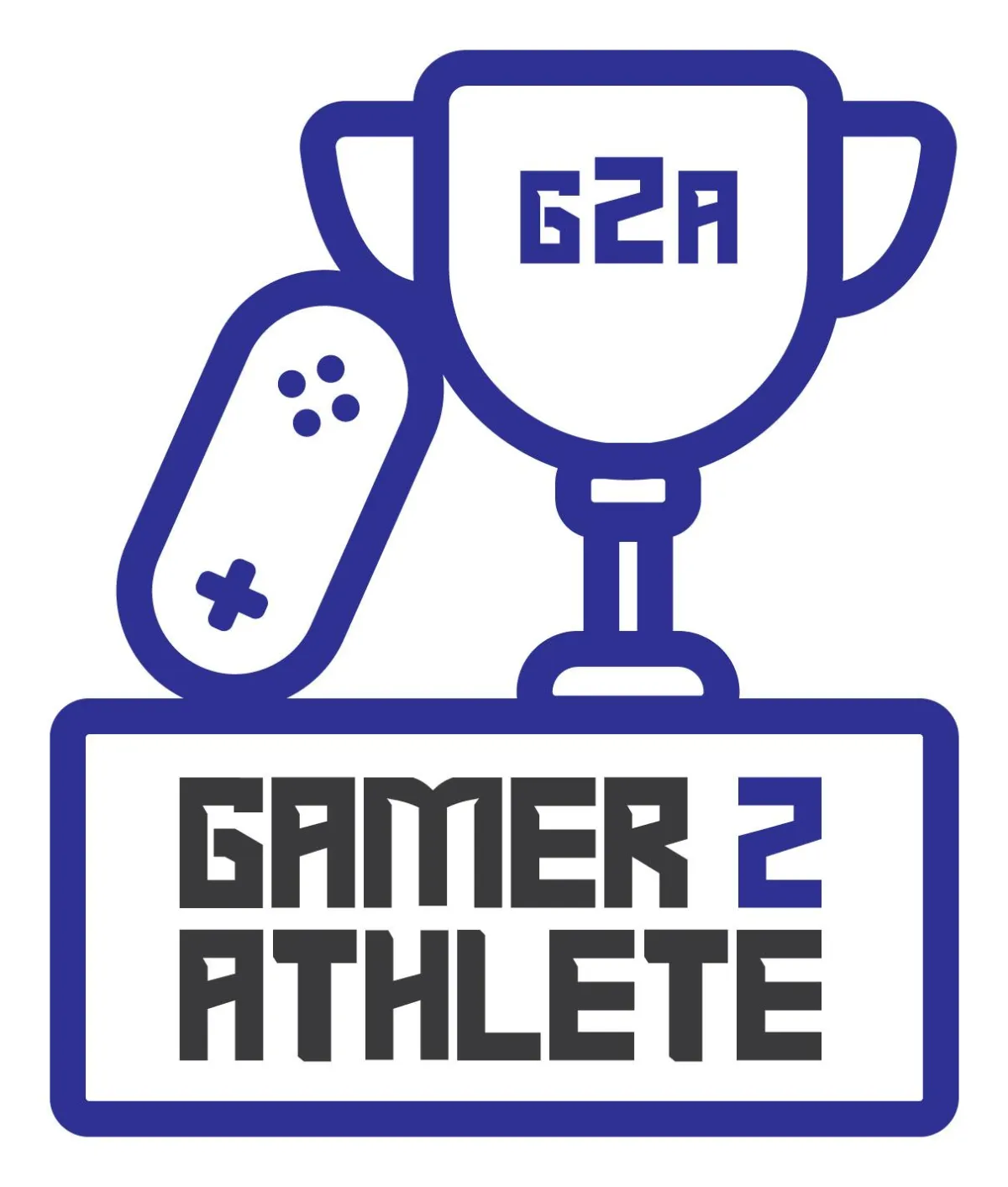Mindful Gaming
From Digital
Battles to Real-Life
Victories
Welcome to Gamer 2 Athlete – your hub for transformation. As champions
of nerdy passions, we know that with the right mindset, every joystick
maneuver can translate into real-life achievements. Join our movement
as we forge the next generation of mindful gamers who excel both online
and offline.
Mindful Gaming
From Digital
Battles to Real-Life
Victories
Welcome to Gamer 2 Athlete – your hub for transformation. As champions
of nerdy passions, we know that with the right mindset, every joystick
maneuver can translate into real-life achievements. Join our movement
as we forge the next generation of mindful gamers who excel both online
and offline.

Why G2A?
Mindful gaming refers to the practice of approaching video games with mindfulness principles in mind, aiming to balance the benefits of gaming with personal well-being and self-improvement. Mindfulness is a mental state achieved by focusing one's awareness on the present moment while calmly acknowledging and accepting one's feelings, thoughts, and bodily sensations. It is often associated with reduced stress, increased self-awareness, and improved overall mental health.
Key Elements of Mindful Gaming

Intention Setting:
Before playing a game, a mindful gamer might set an intention for their gaming session. This intention could be anything from having fun and relaxing to improving a specific skill or completing a particular objective.

Awareness of Emotions:
Mindful gamers pay attention to their emotional reactions while playing. They acknowledge both positive emotions, like excitement and joy, as well as negative emotions, like frustration or anger. This awareness can help prevent getting lost in intense emotions and reacting impulsively.

Moderation:
Mindful gaming involves playing games in moderation and being aware of the time spent gaming. This helps prevent excessive gaming and maintains a healthy balance between virtual experiences and real-life responsibilities.
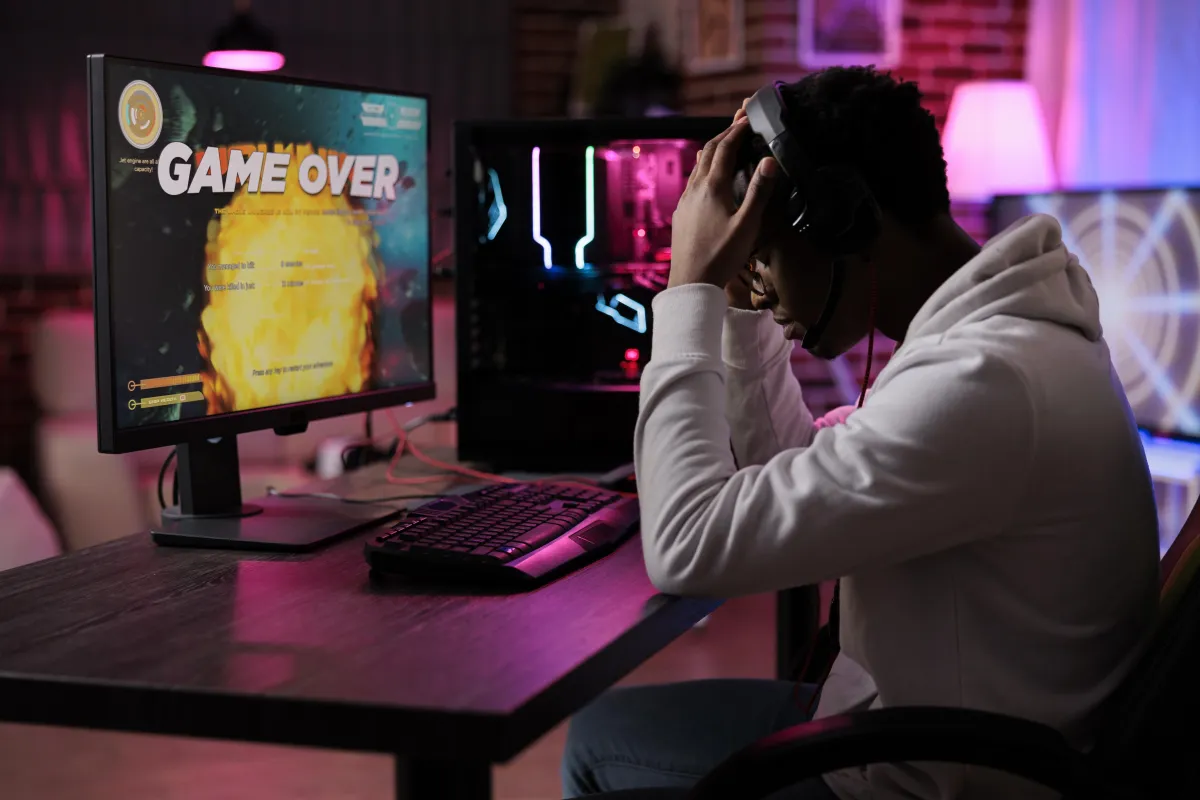
Acceptance of Imperfection:
Mindful gamers practice self-compassion and accept that mistakes and failures are part of the gaming experience. Instead of getting frustrated by setbacks, they view them as opportunities to learn and improve.
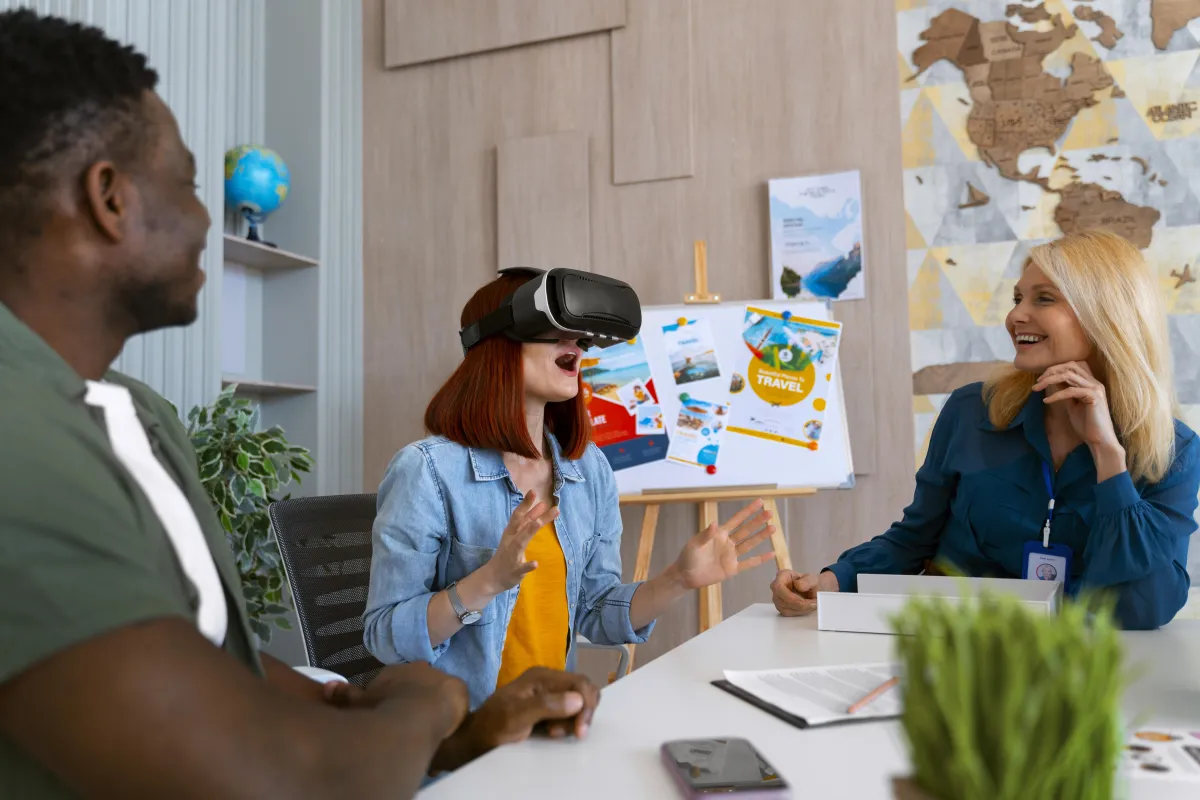
Social Interaction:
Mindful gaming doesn't mean isolating oneself. It's about maintaining awareness of how social interactions within games affect emotions and well-being. It involves fostering positive and respectful communication with other players.

Transference to Real Life:
The concept of "real-life victories" in mindful gaming refers to the idea that skills learned and practiced in gaming can be transferred to real-world situations. For instance, problem-solving skills, strategic thinking, and teamwork developed in games can be useful in various aspects of life.
Our Values
Improved focus and attention during gaming and real-life tasks.
Enhanced problem-solving skills through strategic thinking in games. Better emotional regulation by practicing awareness of emotions. Reduced stress and anxiety through relaxation techniques while gaming. By incorporating relaxation techniques such as deep breathing or visualization exercises while playing, individuals create a space for tranquility amidst the intensity of gaming.
Increased resilience from learning and adapting to challenges in games.
In the context of mindful gaming, the process of building resilience begins with encountering various obstacles, difficulties, and failures that are inherent to most video games. Instead of becoming discouraged or frustrated, players who approach gaming mindfully recognize these challenges as opportunities for growth. Improved communication and teamwork skills in multiplayer games. Greater adaptability to change and uncertainty in real life. Cognitive benefits, such as improved memory and logical thinking.
Motivation for goal setting and achievement, both in gaming and life.
Translating this mindset to real-life goals is a natural progression. Mindful gamers are inclined to apply the same goal-setting techniques to personal, academic, or professional aspirations. The act of consciously setting goals, tracking progress, and experiencing a sense of achievement becomes a transferable skill set. Strengthened mind-body connection by being aware of physical sensations. Outlet for cathartic release of stress and negative emotions. Enjoyment, relaxation, and a healthy leisure activity.
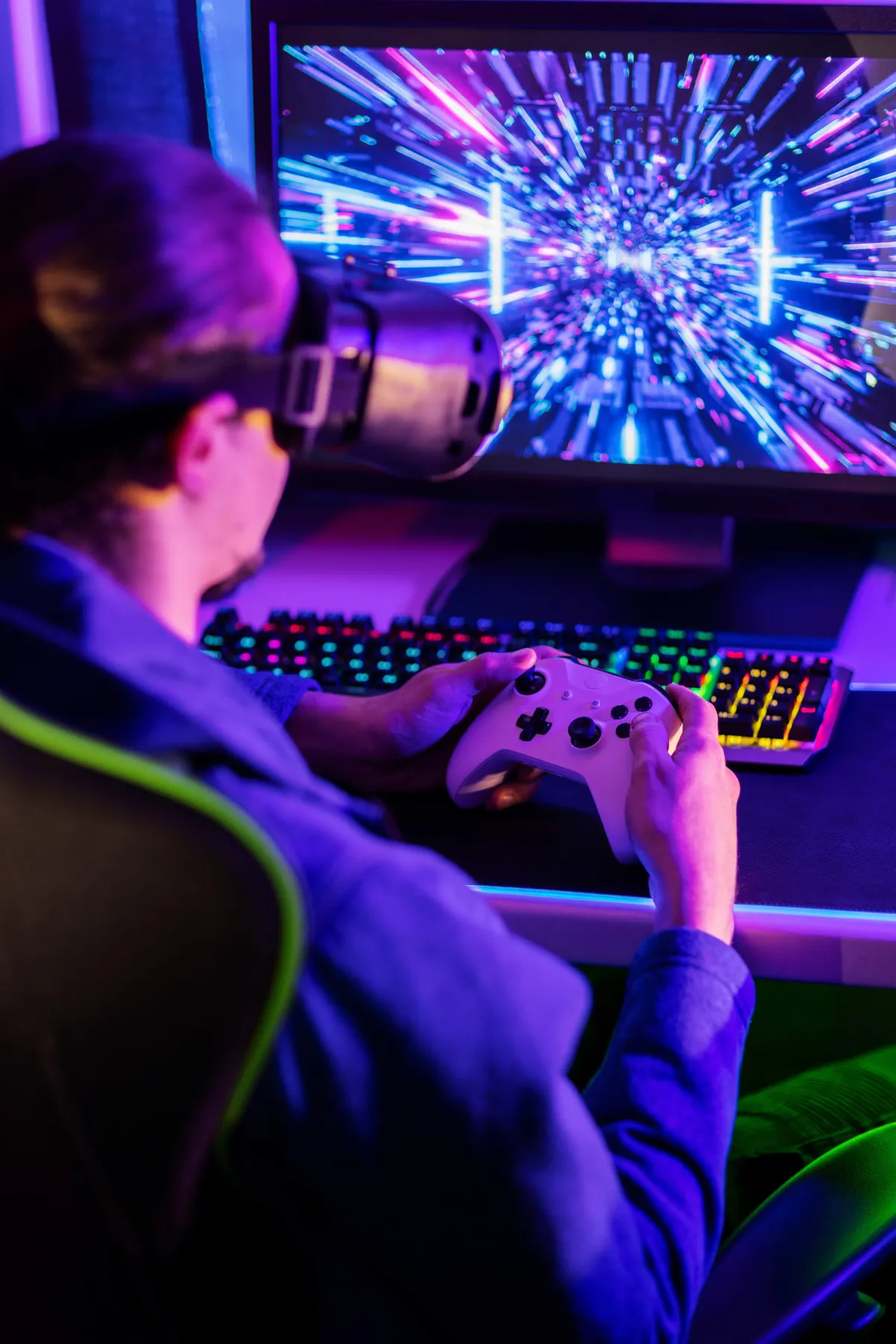
What We Offer
Insightful Articles:
Delve into our collection of articles that explore the intersections of gaming and personal growth. From tips on mindful game selection to in-depth analyses of how gaming can positively impact various aspects of your life, we've got your journey covered.
Community Support:
Connect with like-minded individuals who share your passion for gaming and personal development. Share stories, exchange strategies, and be a part of a community that understands the potential of mindful gaming.
Guided Challenges:
Engage in curated gaming challenges designed to enhance specific skills. Whether it's boosting your creativity or honing your decision-making, these challenges offer a structured way to level up both in-game and in life.
''Reduce depression, stress and obtain happiness''
Mindful Gaming Difference

Holistic Development
Mindful gaming goes beyond simply playing games for leisure. It promotes holistic development by incorporating mindfulness techniques, emotional intelligence, and cognitive skills into the gaming experience, fostering personal growth in various areas of life.

Balanced Consumption
Unlike some other gaming experiences that might involve excessive playtime, mindful gaming promotes a balanced approach. It encourages players to be aware of their gaming habits and ensure that gaming complements, rather than hinders, other aspects of their lives.
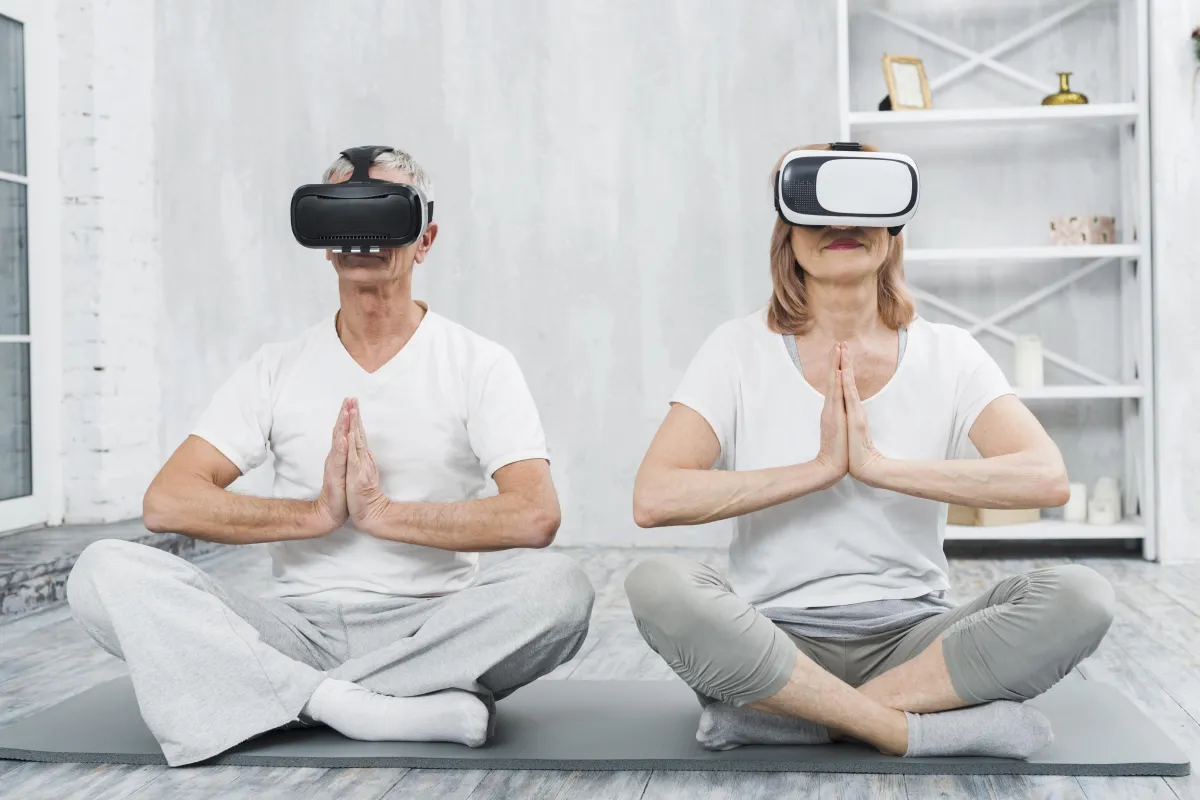
Mind-Body Connection
The concept highlights the awareness of physical sensations during gaming, promoting a deeper connection between the mind and body. This level of bodily awareness sets it apart from many other gaming experiences
.

Skill Transfer
Mindful gaming encourages players to recognize and translate the skills developed in games, such as problem-solving, teamwork, into real-life contexts. This is distinct from most other gaming experiences, which primarily offer entertainment without a direct focus on skill transfer.
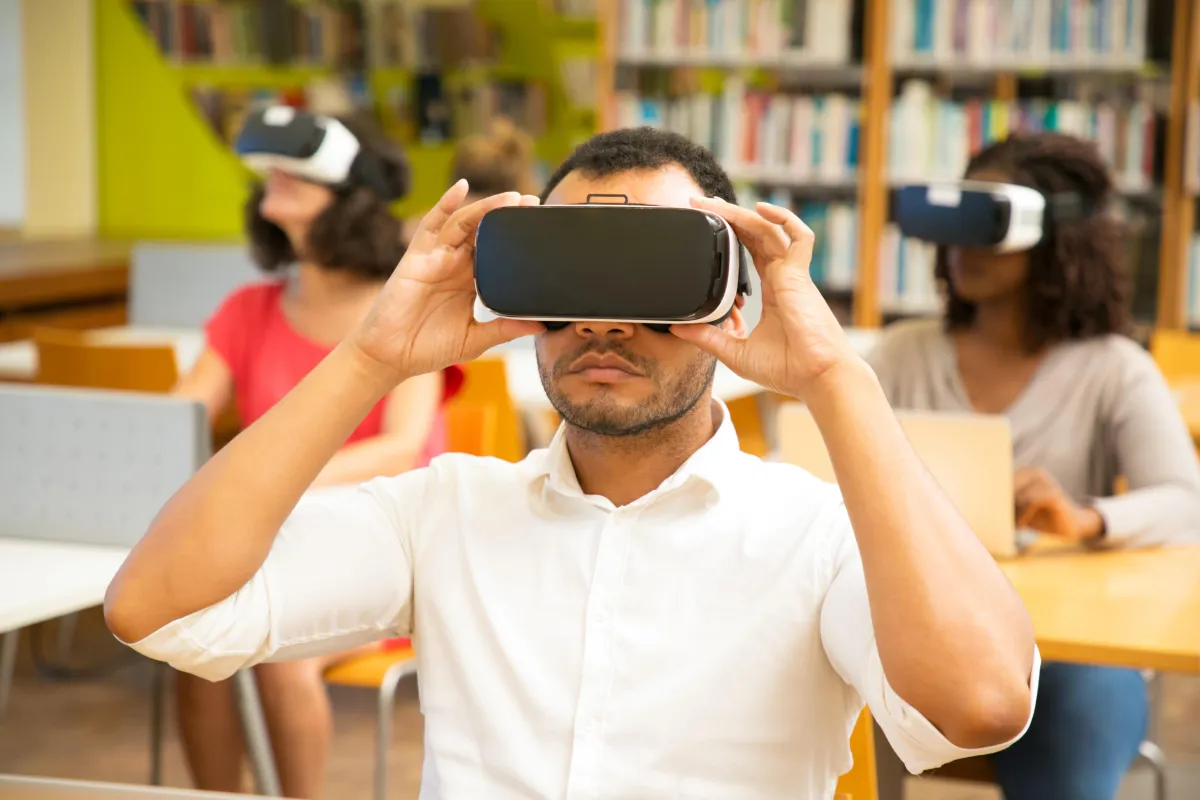
Purposeful Reflection
These gaming involves intentional reflection on gaming experiences. Players consider how emotions and thought processes during gaming can be applied to challenges and opportunities in the real world. This reflective aspect is less emphasized in other forms of gaming.
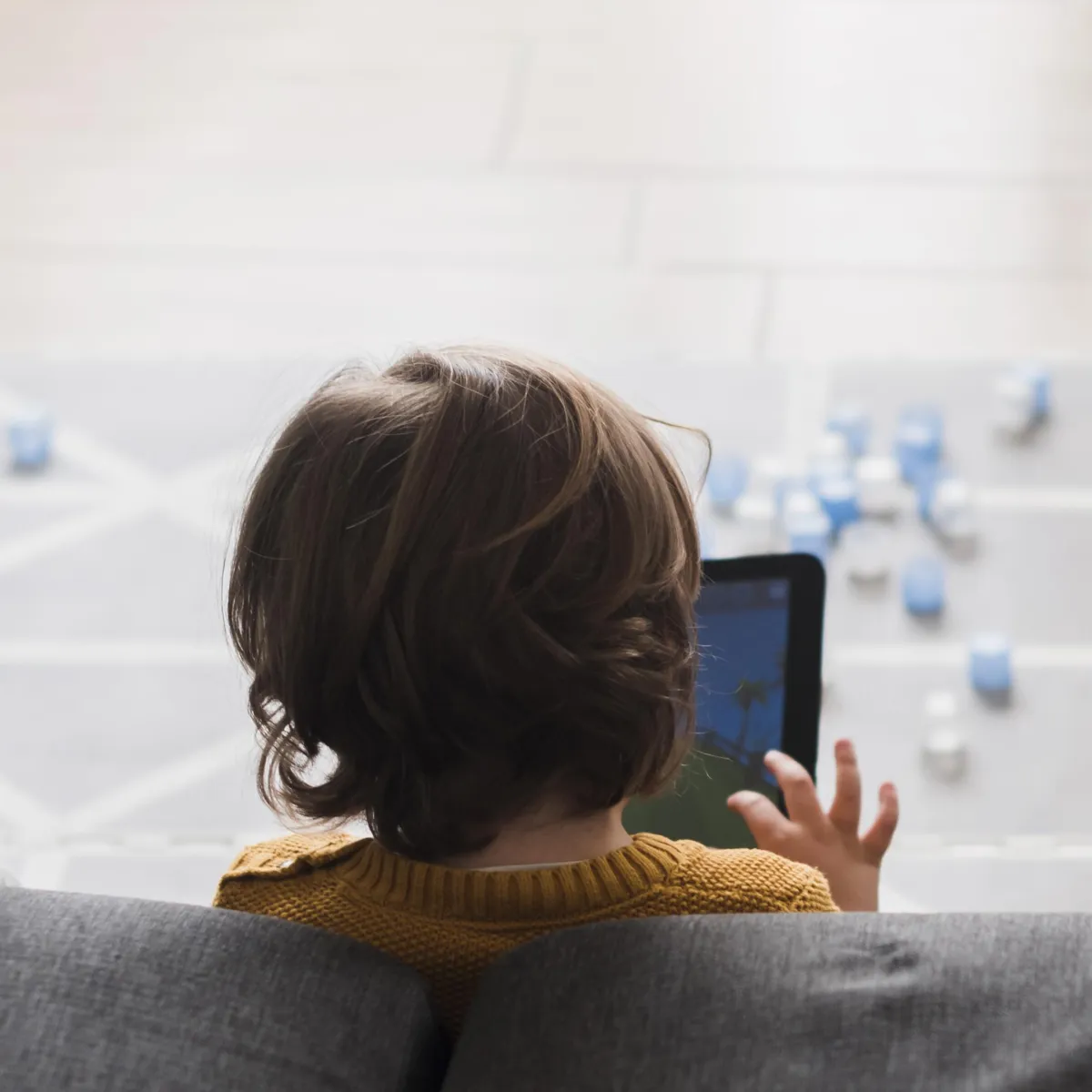
Intentional Awareness
Mindful gaming emphasizes being fully present and aware while playing, focusing on the emotions, thoughts, and sensations that arise during the gaming experience. This intentional awareness sets it apart from conventional gaming, where players might become immersed without actively reflecting on their experiences.
Balance Between Fun and Growth
Embrace the joy of gaming while nurturing personal development" suggests that you can enjoy playing video games while also focusing on growing and improving yourself. It promotes the idea that gaming can be more than just entertainment; it can be a tool for personal growth and learning.
Mindful Gaming doesn't mean sacrificing entertainment; it's about finding a harmonious balance between having fun and achieving personal victories" implies that being mindful about your gaming habits doesn't have to take away from the enjoyment factor. Instead, it's about striking a balance where you can have a great time playing games while also working towards personal achievements and growth.
How to Begin Your Journey
Initial Consultation:
Start with an initial consultation where you'll discuss your goals, gaming experiences, and aspirations. This forms the foundation of your tailored coaching plan.
Customized Coaching Plan
Your coach will design a personalized coaching plan that integrates your gaming strengths with real-life objectives, ensuring connection between both worlds.
Coaching Sessions
Engage in regular coaching sessions where you'll delve into strategies, explore insights, and discuss your progress as you level up both in-game and in real life.
Join the Movement
Are you ready to embark on a gaming journey that leads to real-world victories? Join us in embracing the joy of gaming while nurturing personal development. Together, let's turn digital battles into stepping stones toward success.

+1 323-870-1483
gamer2athlete@gmail.com
